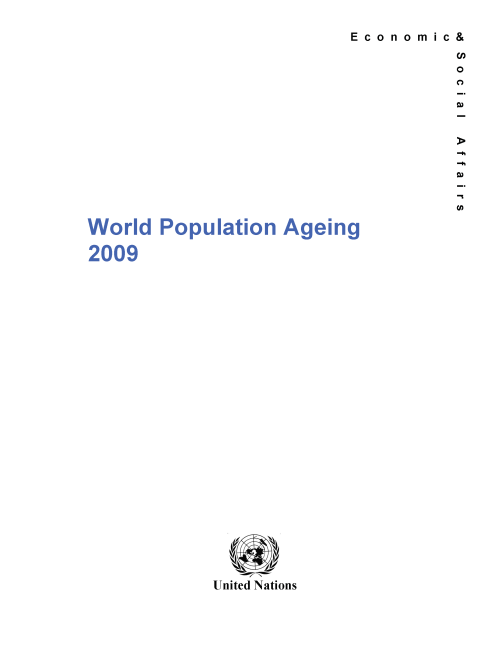
The World Population Ageing 2009 report, by DESA's Population Division, which updates the 2007 edition, provides a description of global trends in population ageing and includes a series of indicators of the ageing process by development regions, major areas, regions and countries. This new edition includes new features on ageing in rural and urban areas, the coverage of pension systems and the impact of the 2007-2008 financial crisis on pension systems.
The World Survey on the Role of Women in Development is the flagship publication of the DESA's Division for the Advancement of Women. It is presented to the Second Committee of the General Assembly at five-yearly intervals. The 1999 World Survey focused on globalization, gender and work and the 2004 World Survey addressed women and international migration. The General Assembly requested...
The present report recognizes that further progress has been made towards fulfilling the promises embodied in Millennium Development Goal 8 (MDG 8). At the same time, it identifies important setbacks, most of which have arisen from the current state of the world economy which is suffering its severest downturn since the Great Depression of the 1930s. Some donor countries are cutting their budgets for official development assistance (ODA); several developed and developing countries have resorted to protectionist measures; resurging debt distress is increasing the need for further and broader debt relief; the costs of essential medicines are on the rise; and the technological divide…
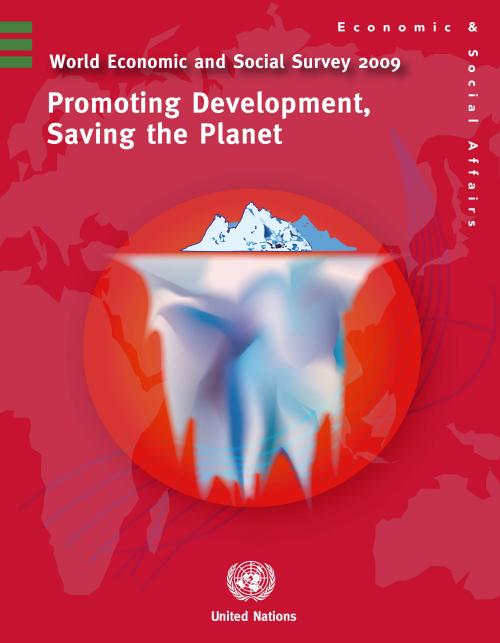
The central message of the World Economic and Social Survey 2009 is that addressing the climate challenge cannot be met through ad hoc and incremental actions. In the first place, it requires much stronger efforts by advanced countries to cut their emissions. The fact that in this regard more than a decade has been lost since the adoption of the Kyoto Protocol to the United Nations Framework Convention on Climate Change only adds urgency to those efforts. However, even if advanced countries begin to match their words with deeds, their efforts are, by themselves, unlikely to be sufficient to meet the climate challenge. The active participation of developing countries is now required and…
The Millennium Development Goals report presents a yearly assessment of global progress towards achieving the MDGs. It is prepared by the Statistics Division at DESA on the basis of input provided by the members of the Inter-agency and Expert Group on MDG Indicators. Less than six years away from the 2015 deadline to achieve the MDGs, this report warns that despite many successes, overall progress has been...
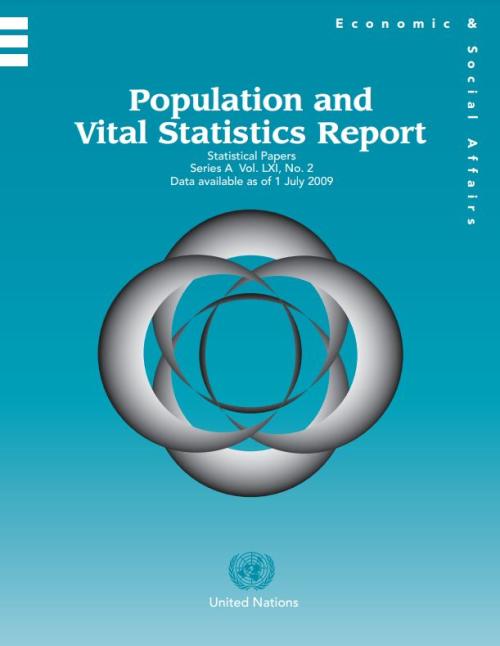
This issue of the Population and Vital Statistics Report presents data for countries or areas on population size (total, male, and female) from the latest available census, estimated total population size for 2006 or 2007 (the later available year), and the number and rate of vital events (live births, deaths, and infant deaths) for the latest available year within the past 15 years (1993-2007). These data are presented as reported by national statistical authorities.
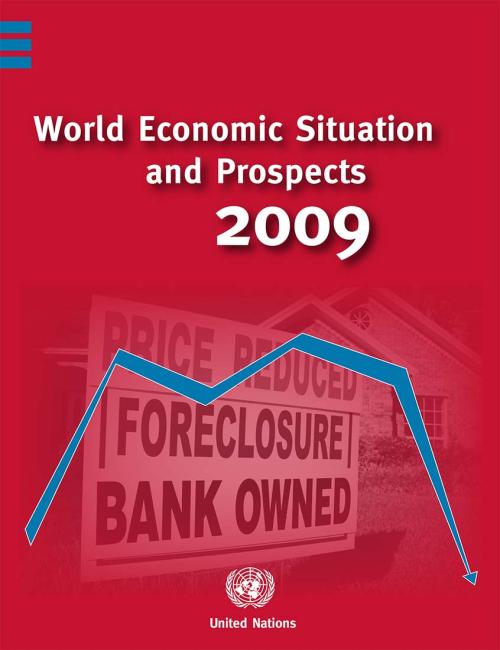
Faced with the worst recession since the Second World War, the United Nations baseline forecast for world economic growth has been revised downward compared with the pessimistic scenario of the World Economic Situation and Prospects 2009 published in January. The world economy is expected to shrink by 2.6 per cent in 2009, after an expansion of 2.1 per cent in 2008 and nearly 4 per cent per year during the period 2004-2007. While a mild recovery is expected in 2010, risks remain on the downside. Developing countries are disproportionately hard hit by the crisis.
The global policy response has been unprecedented, including monetary, financial and fiscal measures to stabilize…
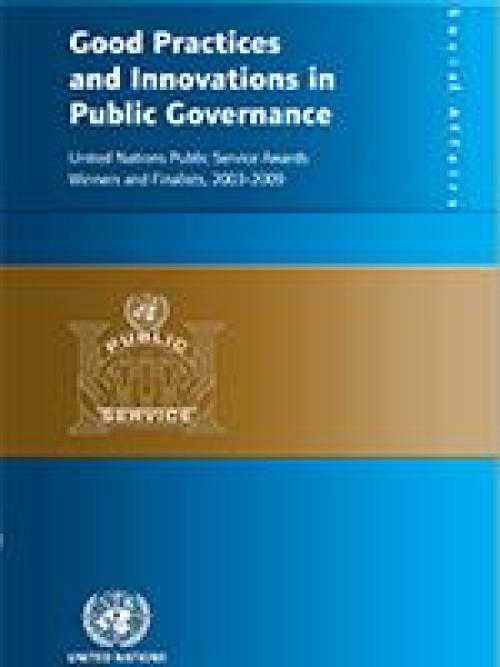
This publication provides an overview of 85 successful innovations in governance and public administration from 40 countries that received the United Nations Public Service Awards, which is the most prestigious international recognition of excellence in public service. The purpose of this book is to disseminate, through descriptive case studies, information about innovative practices by looking at the problem that led to an innovation; the solution that was designed and implemented to respond to the specific challenge; the actors and steps involved in the innovation process, and lessons learned. Learning more about how public institutions from around the world have solved difficult…
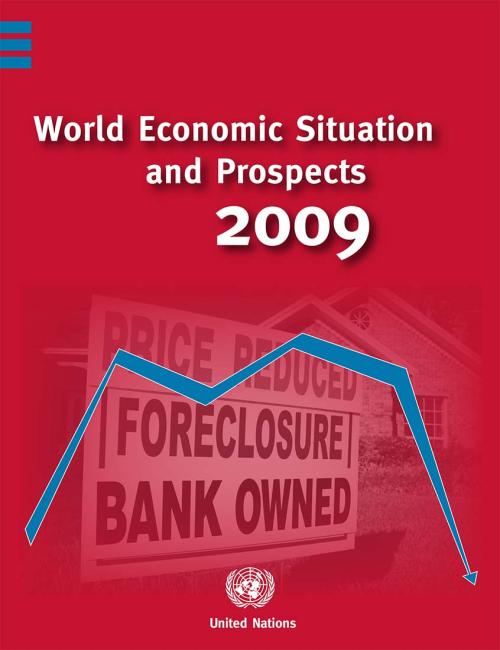
The world economy is mired in the worst financial crisis since the Great Depression. What first appeared as a sub-prime mortgage crack in the United States housing market during the summer of 2007 began widening during 2008 into deeper fissures across the global financial landscape and ended with the collapse of major banking institutions, precipitous falls on stock markets across the world and a credit freeze. These financial shockwaves have now triggered a full-fledged economic crisis, with most advanced countries already in recession and the outlook for emerging and other developing economies deteriorating rapidly, including those with a recent…
This report presents an assessment of progress, based on data available as of June 2008 on all official Millennium Development Goals (MDG) indicators, including the new ones introduced. The aggregate figures in the report provide an overall assessment of regional progress under the eight goals and are a convenient way to track advances over time.
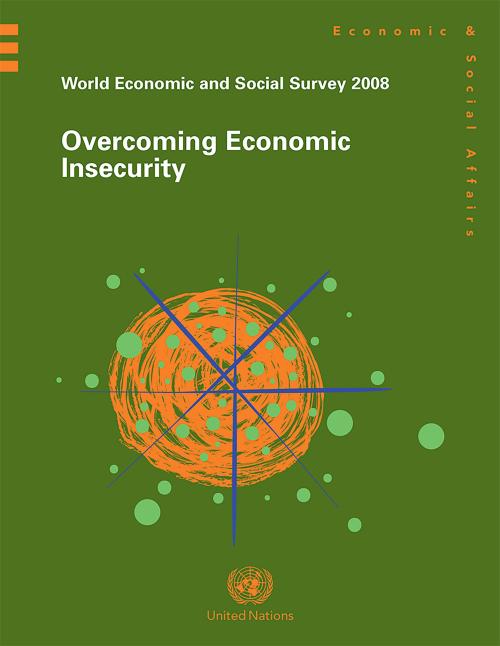
According to the 2008 World Economic and Social Survey, economic insecurity arises from the exposure of individuals, communities and countries to adverse events, and from their inability to cope with and recover from the downside losses. The risk and threats vary from community to community; in advanced countries, they have been associated with a significant rise in inequality, a hollowing out of middle-class lifestyles and reduced welfare protection. Elsewhere, economic shocks and premature deindustrialization have raised fears of an insufficiency of the formal sector jobs needed to accommodate an expanding urban population. In still other places, food insecurity has given rise to…
The MDG Gap Task Force has assessed the global commitments contained in the framework of the Millennium Development Goals (MDGs) ratified by Governments as the various international events that followed the Millennium Summit. The United Nations Millennium Declaration emphasized that strengthened global partnerships for development were needed to provide the enabling environment for accelerating progress in reducing poverty, improving health and education, establishing gender equality and ensuring the protection of the environment as defined in the MDGs.
The main message of the present report is that while there has been progress on several counts, important gaps remain in…
 Welcome to the United Nations
Welcome to the United Nations